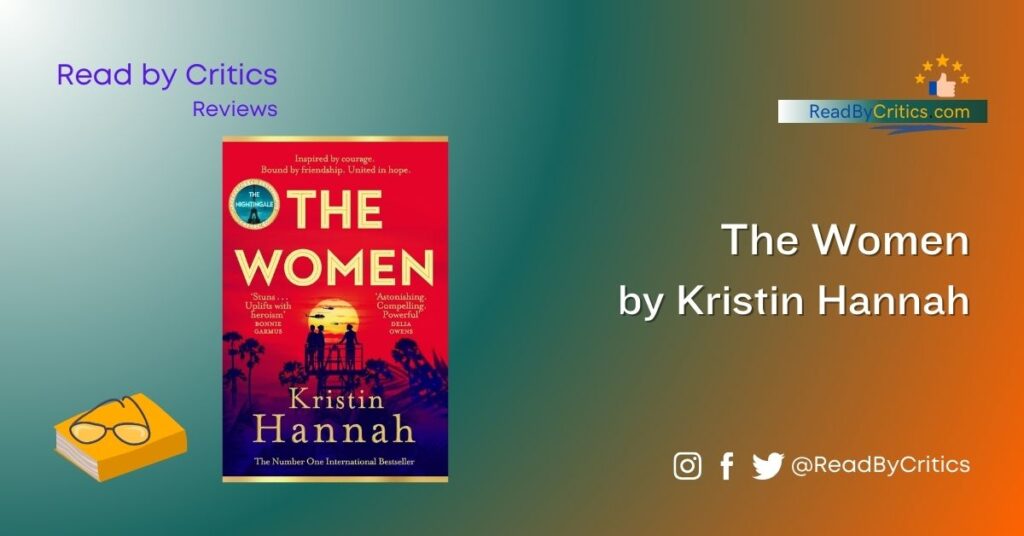The world of English novels in India, among curious and ardent Indian readers, has been dynamically evolving, changing, and going through phases of transformation. Chetan Bhagat played a major role in the early 20s and another pillar was played by Amish Tripathi, in the 2010s, incorporating religion and spiritual elements in fiction. His first novel, “The Immortals of Meluha,” is a riveting exploration of mythology and history, skilfully blended into a captivating narrative. Set against the backdrop of ancient India, the story unfolds as Shiva, a Tibetan tribal leader, is invited to the mystical land of Meluha, believed to be the fabled Suryavanshi empire. As Shiva grapples with his destiny as the prophesied saviour, he discovers a world on the brink of destruction due to a formidable enemy known as the Chandravanshis. Tripathi intricately weaves Hindu mythology and philosophy into a tale of adventure, love, and political intrigue, transforming traditional legends into a gripping and immersive literary experience. With richly drawn characters and a meticulously crafted plot, “The Immortals of Meluha” introduces readers to a world where divine destinies collide with mortal ambitions, offering a fresh perspective on the age-old tales of gods and heroes.
In this book review article, I will try to highlight the main features of this novel along with points that critics and readers have noted. Any work of fiction, especially in this century, cannot be all flowers or all cringe. There are things that some like and others dislike. Likewise, in his debut novel, Amish Tripathi has got many things right for many readers and many things are up for debate. Let’s discuss a few of those in this article.
Main Features of the Novel The Immortals of Meluha:
1. Mythological Fusion: The novel masterfully blends Hindu mythology with a fictional narrative, creating a unique and immersive world that resonates with readers familiar with ancient Indian legends.
2. Compelling Protagonist: The central character, Shiva, is a well-developed and relatable protagonist. As a Tibetan tribal leader thrust into a destiny of cosmic proportions, Shiva’s journey becomes a compelling exploration of identity, purpose, and heroism.
3. Political Intrigue: The story goes beyond traditional mythological narratives, introducing political complexities within the Suryavanshi empire and the looming threat from the Chandravanshis. This adds layers of depth and intrigue to the plot.
4. Philosophical Themes: Tripathi skilfully incorporates philosophical elements, exploring themes of duty, righteousness, and the eternal struggle between good and evil. The characters grapple with moral dilemmas that resonate with timeless philosophical inquiries.
5. Visual Storytelling: The author uses vivid and descriptive language to create a visual storytelling experience. Readers can easily envision the grandeur of Meluha, the battles, and the characters’ emotional journeys.
6. Cultural Insights: The novel provides cultural insights into ancient Indian society, rituals, and traditions. It serves as a bridge for readers unfamiliar with Hindu mythology, offering an accessible entry point to this rich cultural heritage.
7. Epic Scale: With a grand narrative spanning multiple books, “The Immortals of Meluha” sets the stage for an epic series that explores the consequences of choices made by its characters and the impact on the fate of their world.
8. Character Evolution: The characters undergo significant growth and transformation throughout the story. Shiva’s evolution from a tribal leader to a pivotal figure in a cosmic drama adds complexity to the narrative.
9. Engaging Plot Twists: Tripathi introduces unexpected plot twists and turns, keeping readers on the edge of their seats. The unpredictable nature of the story contributes to its overall excitement.
10. Global Appeal: While rooted in Indian mythology, the novel’s universal themes and relatable characters have contributed to its global appeal. It has garnered readership beyond cultural boundaries, making it a crossover success in the literary world.
Major Points of Criticism in The Immortals of Meluha by Amish:
While “The Immortals of Meluha” by Amish Tripathi received widespread acclaim, it also faced certain criticisms, including:
1. Simplistic Writing Style:
Despite its engaging plot, some critics pointed out a simplistic writing style in the novel. The prose was considered straightforward, lacking the nuanced language expected in high fantasy or mythological works.
2. Character Depth:
Some readers and critics found the characterisations, particularly of secondary characters, to be lacking in depth. The focus on the central character, Shiva, led to less development of the supporting cast, making them appear one-dimensional.
3. Predictability:
The novel was criticised for adhering to certain genre conventions, resulting in a somewhat predictable storyline. Some plot twists and character developments were anticipated by readers familiar with mythological narratives.
4. Pacing Issues:
Certain portions of the book were noted for uneven pacing. While the narrative maintained a brisk pace in action sequences, it occasionally slowed down during exposition, leading to a perceived imbalance.
5. Clichéd Elements:
Critics pointed out the inclusion of clichéd elements in the narrative, such as the chosen one trope and the hero’s journey, which, while common in mythology, were seen as lacking innovation in their execution.
6. Inconsistencies with Mythology:
Experts on Hinduism and Hindu mythology noted certain creative liberties taken by the author, leading to inconsistencies with traditional mythological narratives. These deviations, while intentional for the fictional plot, drew criticism from some quarters. And it was mainly because Amish’s description of Shiva, the Hindu God, just didn’t match, at all, with what the world already knows. It is one thing to show God as one earthly human being, it is quite another to show a God as depicted in The Immortals of Meluha.
7. Dialogue Quality:
The quality of dialogue, especially during intense or emotional scenes, faced scrutiny. Some dialogues were perceived as formulaic, lacking the depth and complexity required to elevate the emotional impact of key moments. And Amish is not alone here. Many authors, except the exceptions, simply cannot produce dialogue and conversations that can match the expectations of readers in the novels with supposed grand themes and settings.
8. Lack of Cultural Authenticity:
Despite its attempt to blend mythology with fiction, some critics argued that the novel lacked a deeper exploration of the cultural and historical nuances of ancient India. The representation of societal elements was considered somewhat superficial.
9. Overemphasis on Action:
While action sequences were praised for their vivid descriptions, some critics contended that an overemphasis on action detracted from opportunities to delve into more profound philosophical and moral dimensions of the narrative.
10. Overreliance on Prophecies:
The reliance on prophecies as a narrative device drew criticism for its overuse. Some readers felt that the plot leaned heavily on predetermined destinies, potentially diminishing the characters’ agency.
And the final verdict:
In conclusion, “The Immortals of Meluha” by Amish Tripathi stands as a compelling work that merges mythological elements with a fictional narrative, creating a vivid and immersive world. While the novel garnered widespread praise for its engaging plot, exploration of mythological themes, and the introduction of a relatable protagonist in Shiva, it did not escape criticism.
The novel’s appeal lies in its ability to transport readers into a richly imagined universe, where gods and mortals coexist in a complex tapestry of political intrigue and celestial mysteries. The author’s attempt to reinterpret and modernise Hindu mythology adds a fresh perspective, making it accessible to a broad audience.
However, potential readers should consider certain aspects before delving into the story. The novel’s writing style, characterised by simplicity, may resonate more with those seeking an easy, fast-paced read rather than those desiring intricate prose. The plot’s predictability and adherence to certain genre conventions may be a factor for readers seeking more unconventional narratives.
Despite its criticisms, “The Immortals of Meluha” offers a captivating introduction to a larger series and raises intriguing questions about destiny, morality, and the nature of gods and mortals. Those interested in a mythological fantasy with a contemporary twist may find this novel an enjoyable read.
On the other hand, readers who prefer more complex characterisations, unpredictable plot lines, or a deeper exploration of cultural nuances might choose to explore alternative works. Ultimately, the decision to read or skip “The Immortals of Meluha” depends on individual preferences, with its strengths and shortcomings offering a nuanced reading experience for diverse audiences.
If you are interested in getting a copy of Amish’s debut work, click the link below:
Buy the novel from Amazon India – click here
Review by Parmarth for ReadByCritics
The Immortals of Meluha by Amish Tripathi – Book Review
-
Critic's Rating
Summary
A daring attempt… nothing short of that! However, overambitious simplification dilutes the grandeur and hype of the theme and mixes with, somehow, with ordinary works of fiction (in some places) in the course of the narrative. Interesting for a selected set of readers.




